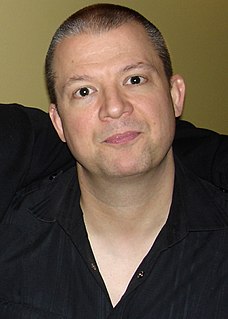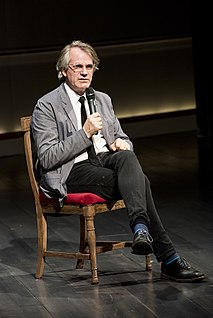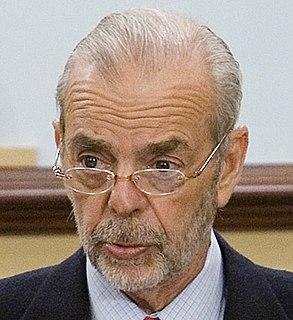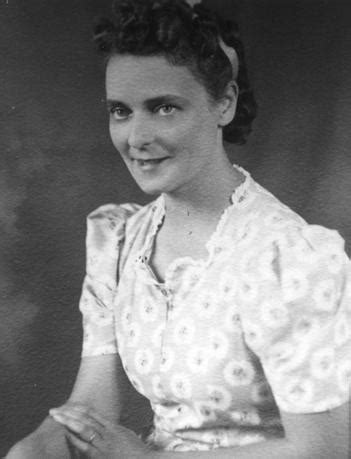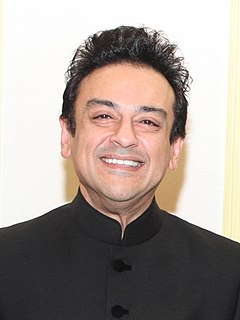A Quote by Mahatma Gandhi
Journalism has a distinct place in familiarizing and expressing public opinion.
Quote Topics
Related Quotes
It just seems like right now we’re in a place where people are being witch-hunted for expressing an opinion. Even if it’s a lousy opinion or a shitty opinion, and comics I don’t think can ever fall into the trap of any groups that want to censor what a person says or thinks or punish a person for expressing what they think. Anything you say about a social issue is going to offend half the country. I don’t care how nicely you say it, I don’t care how well you construct the joke, simply by stating the opinion, you are for something and anti something else.
Fashion is not public opinion, or the result of embodiment of public opinion. It may be that public opinion will condemn the shape of a bonnet, as it may venture to do always, and with the certainty of being right nine times in ten: but fashion will place it upon the head of every woman in America; and, were it literally a crown of thorns, she would smile contentedly beneath the imposition.
There are, I think, four distinct types of weird story: one expressing a mood or feeling, another expressing a pictorial conception, a third expressing a general situation, condition, legend or intellectual conception, and a fourth explaining a definite tableau or specific dramatic situation or climax.
I want to help clean up the state that is so sorry today of journalism, and I have a communications degree. I studied journalism -- who, what, where, when, and why -- of reporting. I will speak to reporters who still understand that cornerstone of our democracy, that expectation that the public has for truth to be reported. And then we get to decide our own opinion based on the facts reported to us.
The newspaper that obstructs the law on a trivial pretext, for money's sake, is a dangerous enemy to the public weal. That awful power, the public opinion of a nation, is created in America by a horde of ignorant, self-complacent simpletons who failed at ditching and shoemaking and fetched up in journalism on their way to the poorhouse.
I think polling is the best way of gauging public opinion - doing something that's independent, that's quantitative, that doesn't give just the loud voices about how things are going; or doesn't give so called experts the notion that they know what public opinion is. I think that's what makes public opinion polling pretty important. Qualitative assessments of public opinion; going out and talking to people and understanding the nuance to what's behind the numbers. I think it's awfully important as well.
I think polling is important because it gives a voice to the people. It gives a quantitative, independent assessment of what the public feels as opposed to what experts or pundits think the public feels. So often it provides a quick corrective on what's thought to be the conventional wisdom about public opinion. There are any number of examples that I could give you about how wrong the experts are here in Washington, in New York and elsewhere about public opinion that are revealed by public opinion polls.
Active liberty is particularly at risk when law restricts speech directly related to the shaping of public opinion, for example, speech that takes place in areas related to politics and policy-making by elected officials. That special risk justifies especially strong pro-speech judicial presumptions. It also justifies careful review whenever the speech in question seeks to shape public opinion, particularly if that opinion in turn will affect the political process and the kind of society in which we live.

